Profile | Mr Foodie Nepal: For whom happiness is food
It would be no surprise if you’ve encountered Mr. Foodie Nepal with his mouth-watering food clips on your Instagram feed every now and then.
From working on a daily 10 to 5 job at a travel agency for eight years to being the first and the most hyped food blogger and influencer in the country, the journey of Mr. Foodie Nepal, who doesn’t like to give out his real name, started with his immense love for food at a young age.
Growing up in a Newari household with endless bhoj and family gatherings, the now 26-year-old was brought up to enjoy food to the fullest. “My mother was always a big food lover. I used to watch her cook and enjoy her meal since I was a kid,” he says. “Having explored Newari food all my life, I got to know all kinds of flavors in my own home. That’s where my love for food started as well.”
For a large chunk of his adult life, Mr. Foodie used to be a full-time travel agent. He started working independently when he was 18 and got to travel to different countries on his own. Back then, the restaurant culture hadn’t caught on and the social media platforms were expanding only gradually. On his trips to different countries as a travel agent, he was introduced to unique cuisines, which further intensified his love for foods of all kinds.
Making the most out of what he had in his hands, from 2016, Mr. Foodie started posting pictures and light videos of food. He absolutely loved the experience of discovering newer, less popular places to eat and helped people get enough information to try them. With this new approach in Instagram, he started gaining more and more followers, and eventually, his account became a medium for people to know more about Nepal’s rich food culture.
“It was overwhelming to see this account I’d initially started as a hobby get such recognition, and that motivated me to turn it into a passion of sharing what I explored and discovered on my food haunts,” he says.
When the reach of his exclusive platform started growing, Mr. Foodie realized this was the path he wanted to take all along. At the start, he was still working full-time in a travel agency, but he found himself losing that spark he once had. He knew he was progressing in this industry and, with more experience, there was a comfortable life waiting for him. But one thing he didn’t feel was happiness: he couldn’t give his hundred percent to a job he wasn’t enjoying.
Still bouncing around jobs, he had left his old office in search of a better offer in the travel industry again. In the two-month break, he got time to explore more places and their foods alongside learning about the markets and how he could grow his influence. Months turned into a year until he finally decided to leave the travel industry in 2017.
“It was a turning point in my life, but when I wanted to take my passion to the next level, people around me started doubting. Switching careers is never simple, especially when you’re taking a path no one in the country has taken before,” he acknowledges. “But my family always supported me and they were confident that no matter what I did, I would do well as I was hardworking from a young age.”
Mr. Foodie soon realized people were searching for a platform where they can find out about different places they could go to enjoy a good meal. It was one content missing for the increasingly social media-influenced generation.
“Along with giving me a purpose to work harder, food helped connect the dots in my life.” Mr. Foodie finds pure joy when he is learning about new food, a pursuit that also entails meeting new people and learning about their cultures. Food, moreover, helped him fall in love with the conversations and connections they build among people from completely different worlds.
Today, Mr. Foodie is continuing to create more content on YouTube, Instagram, and Tiktok. He believes his risk has already paid off. “I always wanted to do something different and be remembered by that. My passion for food turned out to be my true calling.”
Profile | Subani Moktan: From Radio Nepal to Nepal Idol judge panel
When Nepal Idol Season 4 announced a new panel of judges on August 20, Subani Moktan wasn’t that surprised at being picked as one.
“When I got a call that I had been shortlisted for the judge panel, I kind of expected to get it,” Moktan says.
And she did. On August 20, the show’s producers announced she’d be the female judge replacing Indira Joshi in the singing competition, and would sit in the panel alongside Shambhujit Baskota and Sugam Pokharel. While the sudden change came as a surprise to many fans, it was hard to question Moktan’s entry into the core team.
Not only did Moktan grow up in one of Nepal’s illustrious most musical families—she’s the daughter of Sila Bahadur Moktan (a musician and lyricist) and Kunti Moktan (the famed singer)—she’s also an accomplished musician, singer, songwriter, and arranger in her own right. Subani has lent her voice to countless projects, including movies and music videos. Oh, and she is also the voice heard on NCell’s intercept messages.
Moktan, who started learning piano at six and won the All Nepal Singing Competition organized by Bal Mandir aged seven and got to record her first song at Radio Nepal as the prize. She always knew music would play a big part in her life.
“I’ve always been a singer, but I wasn’t sure I wanted to pursue it as a career,” she tells ApEx. This is why she completed her Bachelors’ in Business Studies and her Masters’ in Business Administration. After thinking about it for a while, she then enrolled into another Bachelors’ degree program in music, this time with the Indira Gandhi National Open University’s School of Performing and Visual Arts.
She studied at Kathmandu Jazz Conservatory (KJC) before she started teaching piano there. Unbeknownst to her, her years at KJC would shape her as a musician and a teacher.
After winning the Hits FM Music Award for Best New Artist at 16 and another award for Best Pop Vocal Performance: Female, she worked as an RJ and a VJ, hosting a weekly talk show where she invited Nepali musicians for long chats.
Today, she also works as a writer/assistant editor at Genius Reads, a bookselling company that also makes its own book summaries for buyers.
Moktan always knew that had she chosen not to pursue a career in music she would have been a businesswoman, who would then somehow have found a way to incorporate music into her career. “I probably would have opened a music store, or a franchise.”
But the singer has found another way to share her love for music—by passing on her passion to the next generation of musicians. Right now, Moktan is the proud owner and founder of Keerti Academy, a music school targeted at young children.
“We teach everything from guitar, piano, violin and have lessons on Western and Eastern voice, jazz, choir, and even personality development,” she shares. “Even though it’s mostly for kids, we also have a handful of adults coming in for lessons, who are always welcome.”
Moktan’s schedule is packed right as she works on these various projects while still maintaining a healthy life balance at home with her family and her dog, Muffin. Shooting for Nepal Idol’s new season hasn’t yet started, but Moktan is gearing up.
She says she is looking forward to public reaction to her inclusion in the judge panel. Even though Moktan has been a part of the Nepali music industry for the past 15 years, she doesn’t know much about how the public sees her.
“Nepal Idol is a huge platform, not just for the contestants but also for the judges,” Moktan tells ApEx. “I have very big shoes to fill. I even sent Indira didi a text as soon as I got the position saying that I’m in no way trying to be her and was rather hoping for her guidance. And she was very supportive in her replies as well.”
But Joshi has warned her that with exposure, the singer might also get a lot of backlash from the audience who may not agree with her judgment. “But I’ll only understand this after the show,” Moktan says. “I hope I will be a good judge, and that I will be able to apply those judgments to my own music.”
Moktan is also working on another song, which will be out in October or November, and a big ‘religious project’ that she doesn’t want to reveal just yet.
“I hope that I can grow musically and that the audience will get to witness my growth over the next five years,” Moktan says. “My mother ruled the Nepali music scene during her time, and I hope to continue her legacy.”
What fuels political instability in Nepal?
Why can no government in Nepal serve its full term, even one with nearly two-thirds majority? What explains the country’s perpetual political instability? Pratik Ghimire of ApEx spoke to 10 intellectuals to get their views.
Vox Pop
Bhimarjun Acharya, Constitutionalist

We can’t expect stability when our government and political leadership don’t follow democratic norms and values while executing their powers. Neither our parliament nor the parties strictly regulate the work of the government. And also, we can’t deny the geopolitical issues we face. All these things and a lack of a positive mentality fuel instability.
Bimala BK, Politician
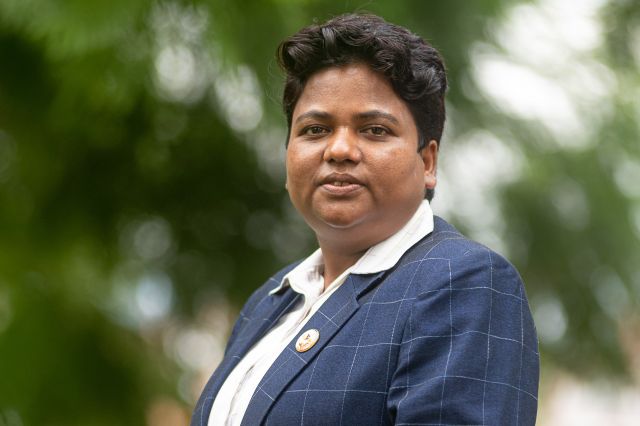
Nepal has too many political parties. This is a problem as people’s vote gets fragmented and no one gets a strong majority. In a coalition government, all partners have their own beliefs and, due to conflicting interests, the government can’t complete its term. Apart from that, our geopolitics also has a role in our instability.
Bipin Adhikari, Constitutionalist
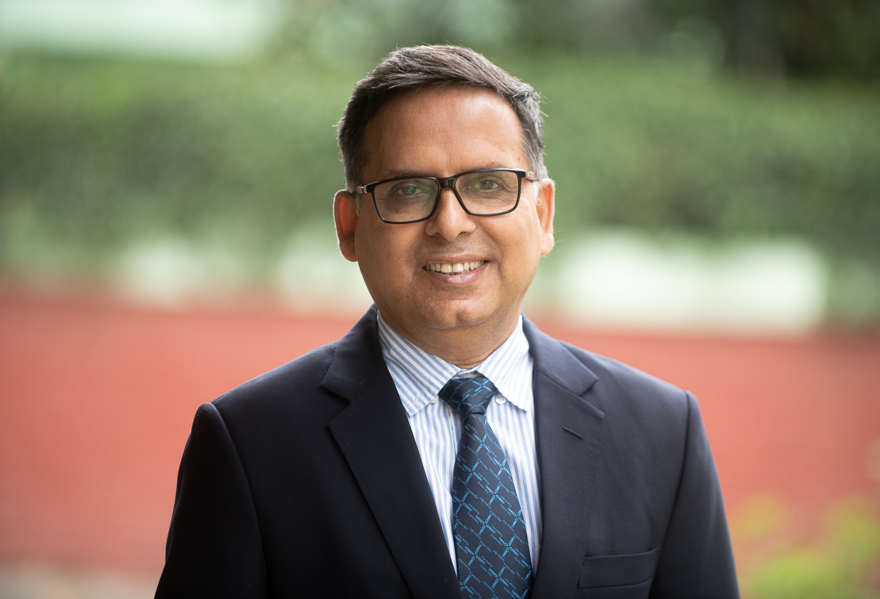
Under the new constitution of 2015, there was a huge possibility to form a stable government. But sadly, we haven’t seen one yet. Whenever the ruling party becomes strong, it has to deal with many internal problems. The fact is when a political party wins proportional seats based on caste, culture, ethnicity, it has to appoint members for parliament accordingly and from that point, the party starts to weaken, leading to internal conflicts and instability.
Hima Bista, Social activist
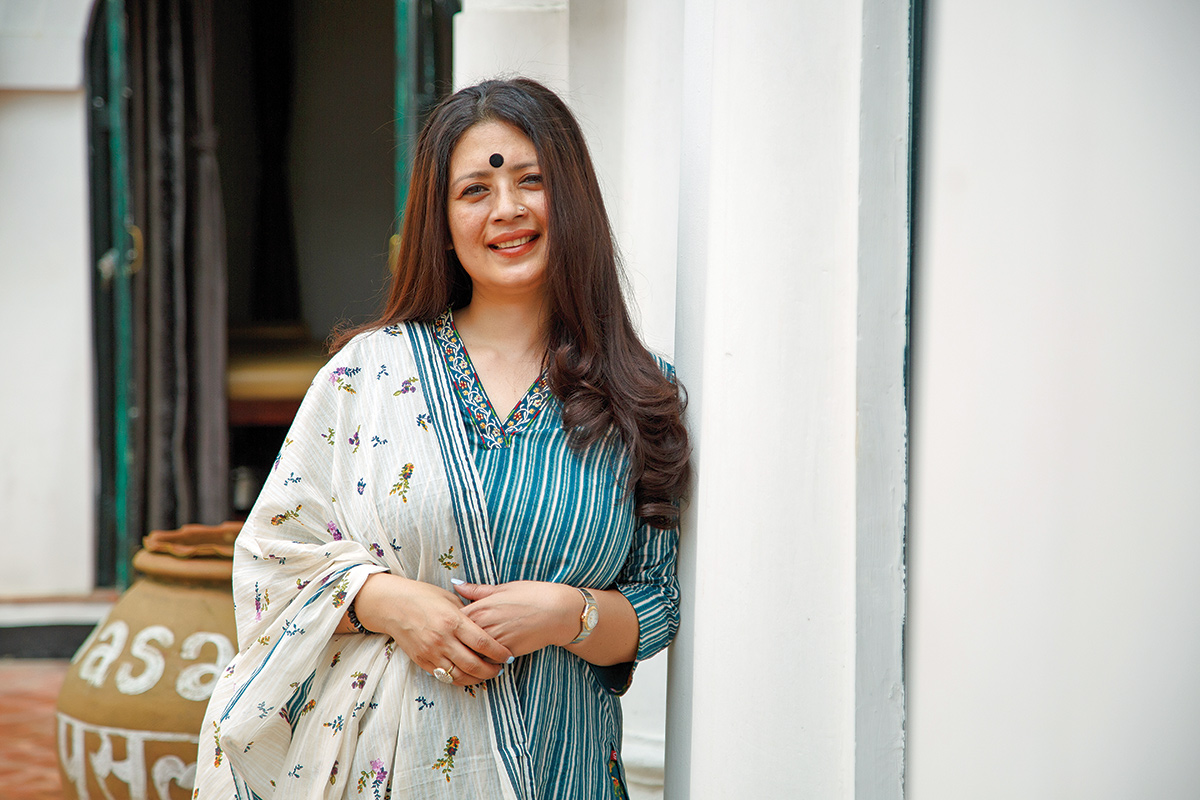
Government instability has many causes. First is the lack of qualified political leadership. With that, there is a vast gap between politicians and the public, and an atmosphere of distrust. We don’t have a system that can fill this void. The country has a political structure without a decisive and applicable mechanism. Federalism is all about decentralization of power and collaboration between different levels of government, but we lack these things.
Indra Adhikari, Political analyst
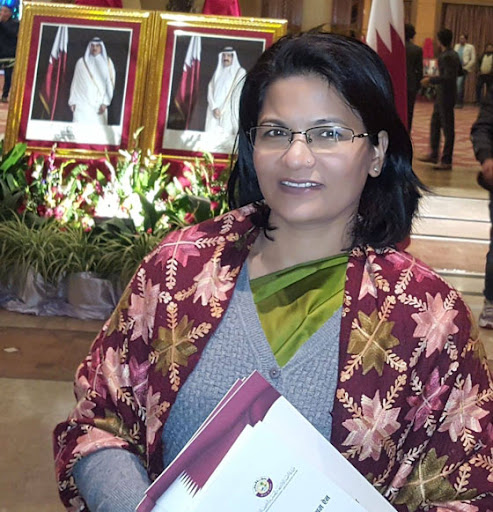
Leadership crisis is the reason behind this problem. Nepal has not produced leaders who are respected by all. Our political parties are run by middlemen devoid of ideology and morality. They select people and convert them into toxic blind supporters. They win elections with propaganda and ultimately fight for power. Unless we produce qualified leaders, we will suffer.
Lokraj Baral, Political analyst
Nepal lacks a proper political culture. Our political parties carried out a revolutionary change in the system, but they have been unable to execute, implement, and institutionalize that change. Or we can say their self-centered, individualistic, selfish, and egoistic performance has taken over the ideology and ability. We are in a democratic practice, but leaders try to rule by command—boycotting the demands of minorities. This increases the power struggle, leading to instability.
Jagannath Lamichhane, Civil society member
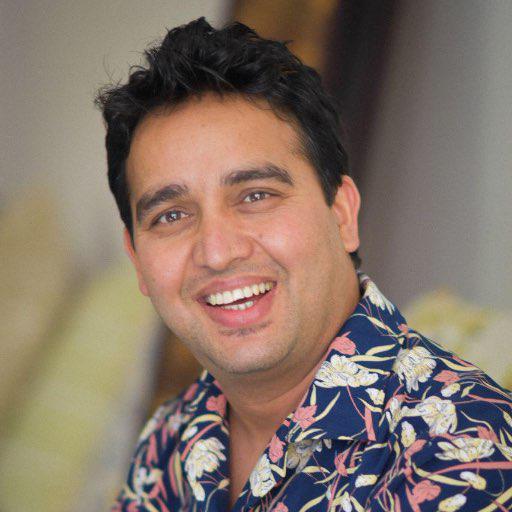
Our political ecosystem is tailored to those with money and power, and those outside the government don’t have access to these things. This has established a psychological framework where leaders become impatient when they are in opposition. In my opinion, this is the main reason for the lack of a stable government in Nepal.
Krishna Khanal, Political analyst
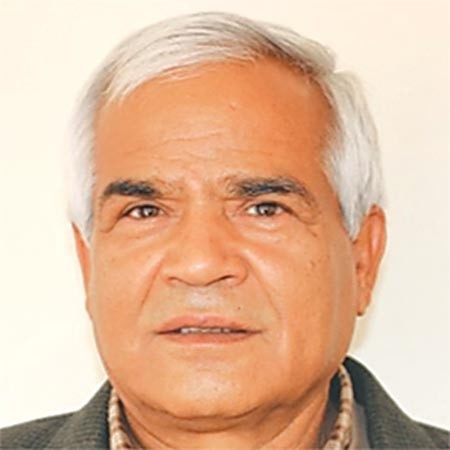
Let’s take an example. If the Nepali Congress has a majority, it behaves as if it is all-powerful and can do anything it wants. Also, within the NC, the ruling faction acts similarly. This fuels internal conflict resulting in the fall of the government. We saw the same with the erstwhile Nepal Communist Party (NCP).
Mohna Ansari, Human rights activist
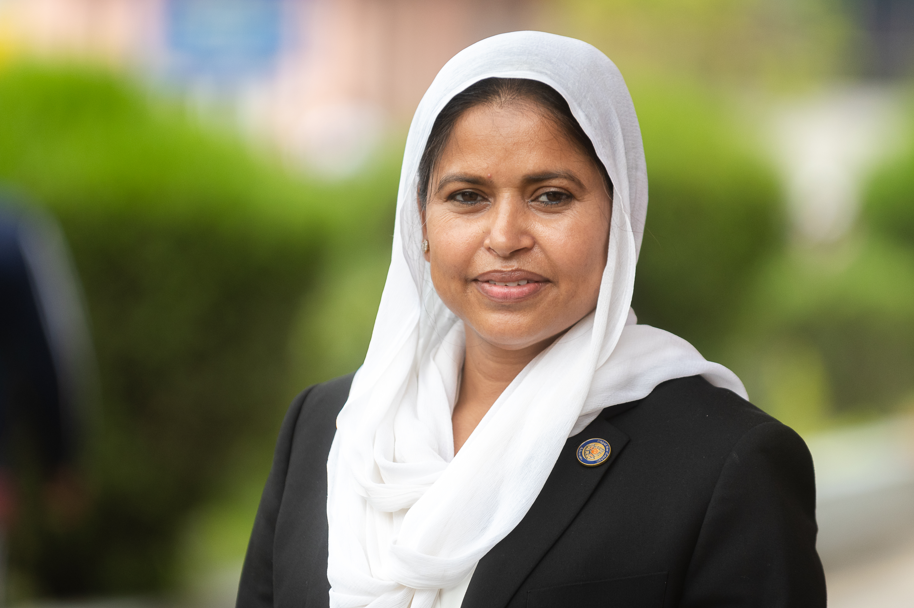
Every promise that the politicians make with the public during the election turns out to be a political stunt just to get to power. Besides, I often find bureaucrats not helping and coordinating with the government in policy making. They still have a traditional mindset. Bureaucrats feel privileged and don’t fear anyone as they are permanent jobholders.
Puranjan Acharya, Political analyst
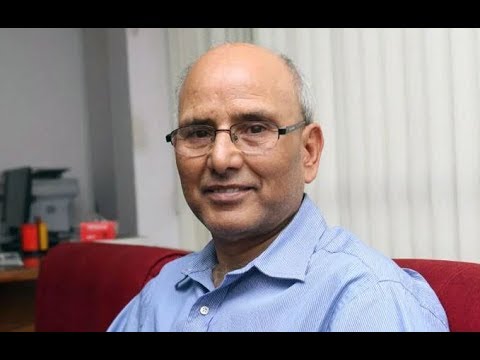
In Nepal, political parties are the ones who are unstable, and they lead to instability in the government. The instability within the party has two major causes. The government-running faction never wants to hear from other party members and they say the party should not run the government. But the same faction, when it is not ruling, says the government should run according to the party’s will and decision.
Profile | Avinas Man Napit: The accidental stop-motion sensation
Avinas Man Napit was in his first year of college studying business when he was offered an internship at a TV channel in Kathmandu. His mother ran a cafeteria in the media house’s building and Napit used to visit her there after class.
“I had always been into drawing and used to doodle when I got bored,” Napit says. “One of the designers from Avenues TV, Sagun Manandhar, saw my sketches and offered to teach me motion graphics.” Thus began Napit’s journey in the field of motion graphics.
But he dropped out during his first year of internship and then worked for ad agencies until the first Covid-19 lockdown. The quarantine blues had him uploading videos on TikTok.
It wasn’t that Napit wasn’t a part of the TikTok community before. His uploads, while inconsistent, focused more on dance. A self-taught choreographer, Napit found the video-sharing platform to be a great exposure opportunity.
But it was his visual effects and motion graphic designs that made him viral. In April 2020, he uploaded his first edited video, which garnered more than 51,000 views—almost five times more than his earlier videos. Witnessing this sudden growth, he started uploading more, slowly getting more love and appreciation from Nepali audiences that had only seen these kinds of designs done by foreign artists.
“It’s not strange to believe these things can’t be done in Nepal,” he says. “When I first joined Avenues TV, I too was surprised to find many talented creators doing motion designs with ease. I always thought that media houses outsourced from developed countries. But many creators here in Nepal never get the recognition they so rightly deserve.”
Luckily, Napit isn’t one of them. With more than 173,900 followers on Tiktok, on average, he gets around 200,000 views a video. A big fan of the Marvel superhero movies, Napit’s Marvel motion graphic videos have earned him the most fans. His most popular Tiktok, with a whopping 5.3 million views and 375,000 likes, has him working behind the scenes of a superhero motion graphic edit he did.
Another TikTok with Bella Poarch’s song Build a B*tch in which Napit reenacts the singer’s music video with the help of green screen and visual effects has also had a million views.
After pushing himself to create more content, Napit’s following has been growing at speed and the visual effect artist’s YouTube channel is gaining traction despite his infrequent uploads.
It takes him at least a couple of days to create a video, he says. “It’s just a 15-second clip, but editing it takes days sometimes,” he says. The time he invests also depends on the effects he uses. “Making YouTube videos takes a lot longer and calls for more commitment, which is why I haven’t been as consistent there.”
With a full-time job at Kreativnepa, doing freelance motion graphic work, and often handling projects at Unx Studio—a dance studio at Nayabazar, Sorahkhutte he opened with his friends before the first lockdown—Napit has his hands full.
Continuing doing Tiktok has been difficult, but he’s determined to not let his page die. “Sometimes I shoot videos at one in the morning, edit them until 4-5 am, and then go to sleep,” he confesses. “I wake up, go to work, come home and continue editing until it’s complete. Sometimes I have off days—so that works in my favor too.”
Napit isn’t just compromising his physical health for his career. With a large fan following, he also gets hate comments that used to earlier take a toll on his mental health. “I’ve learned to filter the negative part of this,” he says. “But when I was just starting, it did get to me.”
On the other side of the coin, Napit has learned that there is a large mass of young people in Nepal who are curious about motion graphic designing. His TikToks that show the behind-the-scenes of his viral clips sometimes get more engagement than the actual videos. This also shows that his audience is willing to learn how these edits are made and what tools are required to create good visual effects on videos.
“I see a bright future for this field in Nepal,” Napit tells ApEx. “There are many creative minds out there, we just need to foster them and give them better exposure.”





















